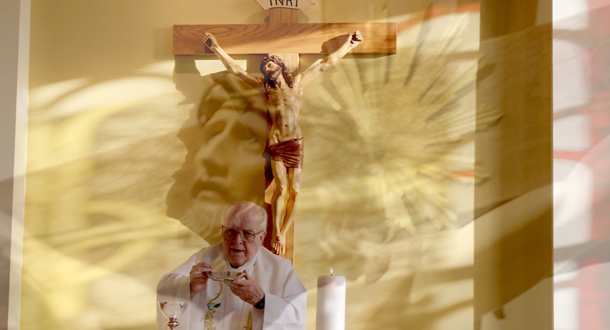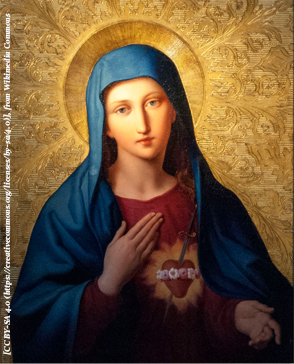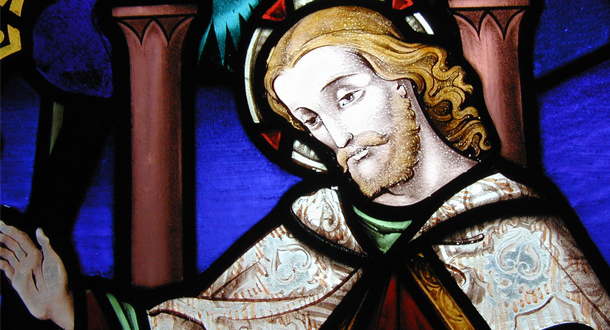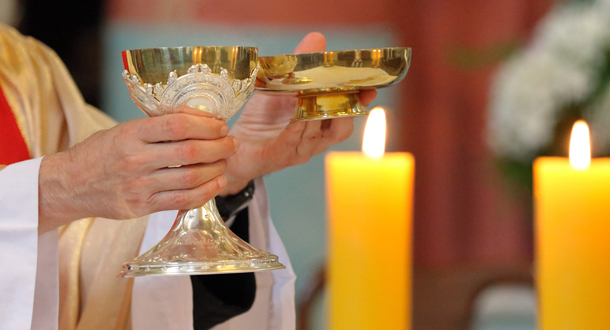 Scripture:
Scripture:
Acts 11:21b-26; 13:1-3
Matthew 5:1-12
Reflection:
“Count your blessings” was the theme of a retreat season several years ago at Mater Dolorosa Retreat Center in Sierra Madre. During one of my conferences, I would ask our retreatants to share a special blessing in their lives. Their responses ranged from “my wife,” “my children,” “life,” to “faith,” “good health,” and “family.” Wonderful blessings, all. But, then I noted that no one said they were blessed when calamity struck, when they lost their job, or when the doctor told them they have a serious illness
All too often we fail to recognize that God blesses us at all moments in our lives – in our struggles, trials, and grief, as well as in our joys. We have only to gaze on the crucifix, to see that it was in the moment of Jesus’ greatest suffering that he bestowed on us his greatest blessing – our redemption, and his love for us.
The beatitudes in today’s gospel make this abundantly clear. The first four blessings are for those who are suffering. “Blessed are the poor;” Blessed are they who mourn;” Blessed are the meek;” “Blessed are they who hunger and thirst for righteousness.”
The beatitudes also reveal another important dimension. They too are blessed who care for and comfort those who are suffering. “Blessed are the merciful;” Blessed are the clean of heart;” “Blessed are the peacemakers;” Blessed are they who are persecuted for the sake of righteousness.”
It’s easy to speak of God’s blessings when all is going well. The challenge is to recognize God’s blessings even in difficult times. With his beatitudes, Jesus challenges his followers – and us (after all, Jesus says “blessed are you when they insult or persecute you”) – to see life from God’s viewpoint, not the world’s, and from the “mount.” And which mount is that? It can only be Mount Calvary, the place of the cross, the place of greatest blessing.
In issuing his beatitudes, Jesus declare we have a mission to fulfill. That mission is to comfort one another, to alleviate pain and suffering wherever we find it. We are called to heal, to repair this crucified world however and whenever we can. Those are blessings we can count; blessings we can count on.
Deacon Manuel Valencia is on the staff at Mater Dolorosa Passionist Retreat Center, Sierra Madre, California.

 Scripture:
Scripture: The Immaculate Heart of Mary
The Immaculate Heart of Mary
 Scripture:
Scripture:
 Scripture:
Scripture: